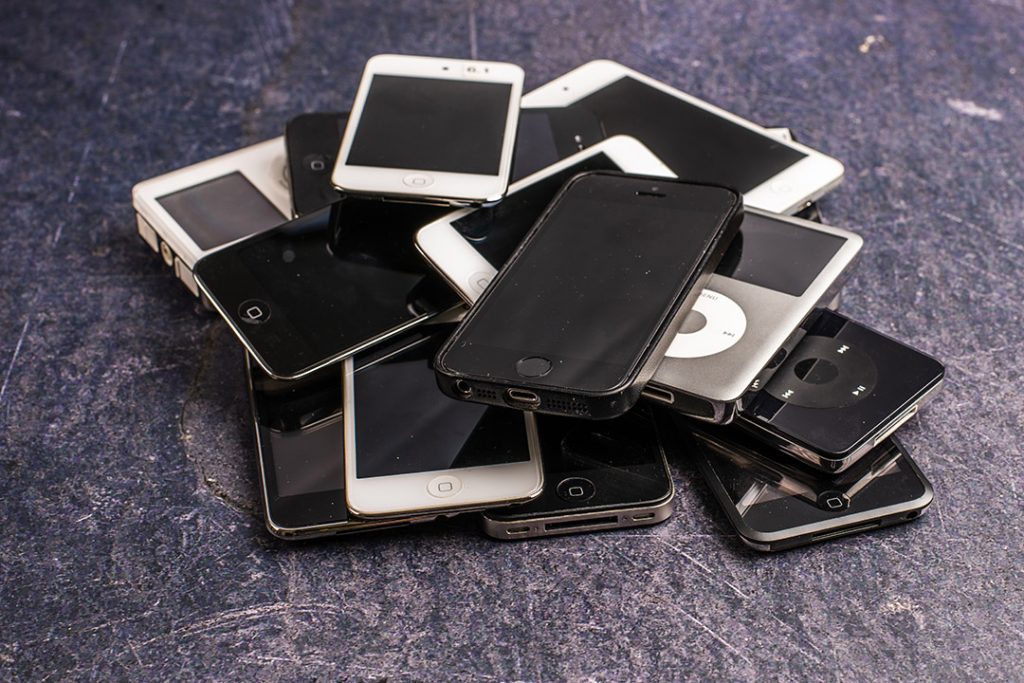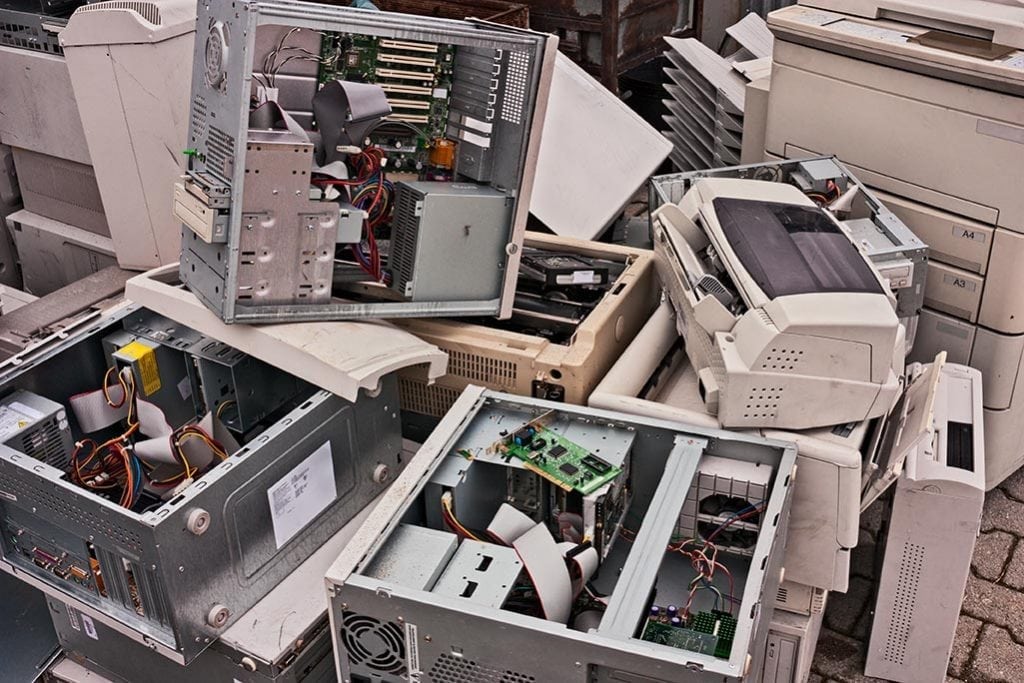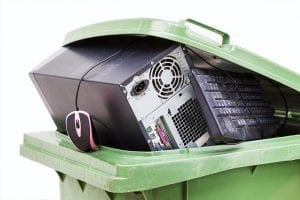
TERRA provides a mail-in collection service that moves e-scrap to multiple processors around the U.S. | Joni Hanebutt/Shutterstock.com
A Nebraska e-scrap company has become the fourth processor to take part in an initiative from TERRA that now covers portions of 13 states.





 A device buy-back company has installed self-service stations at more than a dozen New York City locations.
A device buy-back company has installed self-service stations at more than a dozen New York City locations.

 A Kansas nonprofit e-scrap operator has closed its doors, citing dwindling device collections.
A Kansas nonprofit e-scrap operator has closed its doors, citing dwindling device collections. Primarily known for its curbside recyclables collection and sorting services, Waste Management is also a player in the e-scrap world, and its collection tonnage is on the rise.
Primarily known for its curbside recyclables collection and sorting services, Waste Management is also a player in the e-scrap world, and its collection tonnage is on the rise. Tech Dump is rolling out what it describes as the only national mail-in recycling program that’s owned and operated by a social enterprise.
Tech Dump is rolling out what it describes as the only national mail-in recycling program that’s owned and operated by a social enterprise.